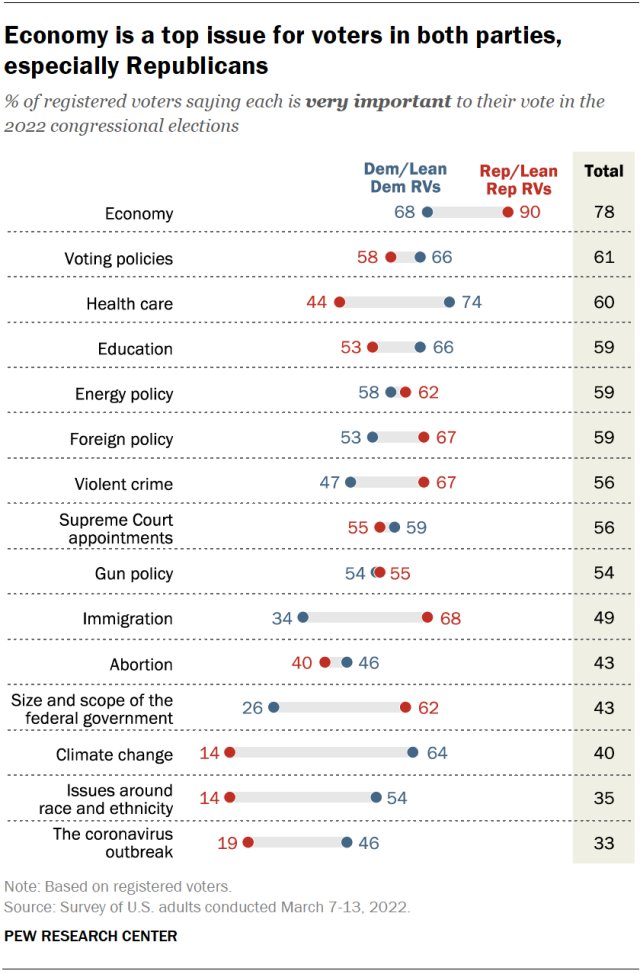Originally posted by chuckChuck
View Post
I don't understand your arguments here Chuck?
Why would these companies build all these plants if it wasn't the right thing to do?
Would Scott Moe or Jason Kenny approve them if they wern't good for everyone.
Fuel from food crops is good for the environment.
California is going to have most Fosil Fuels eliminated buy 2030.
They can't be wrong. It's all been studied or they wouldn't be doing it.
Those 2030 and 2050 targets must be met or we all melt.
We all have to do our part.
You shouldn't be questioning the mandates.
They have been approved.
Don't be trying to make logical arguments. Your not an environmental scientist.
Do you just really enjoy being a hypocrit, or is just a prerequisite for the job?

Comment